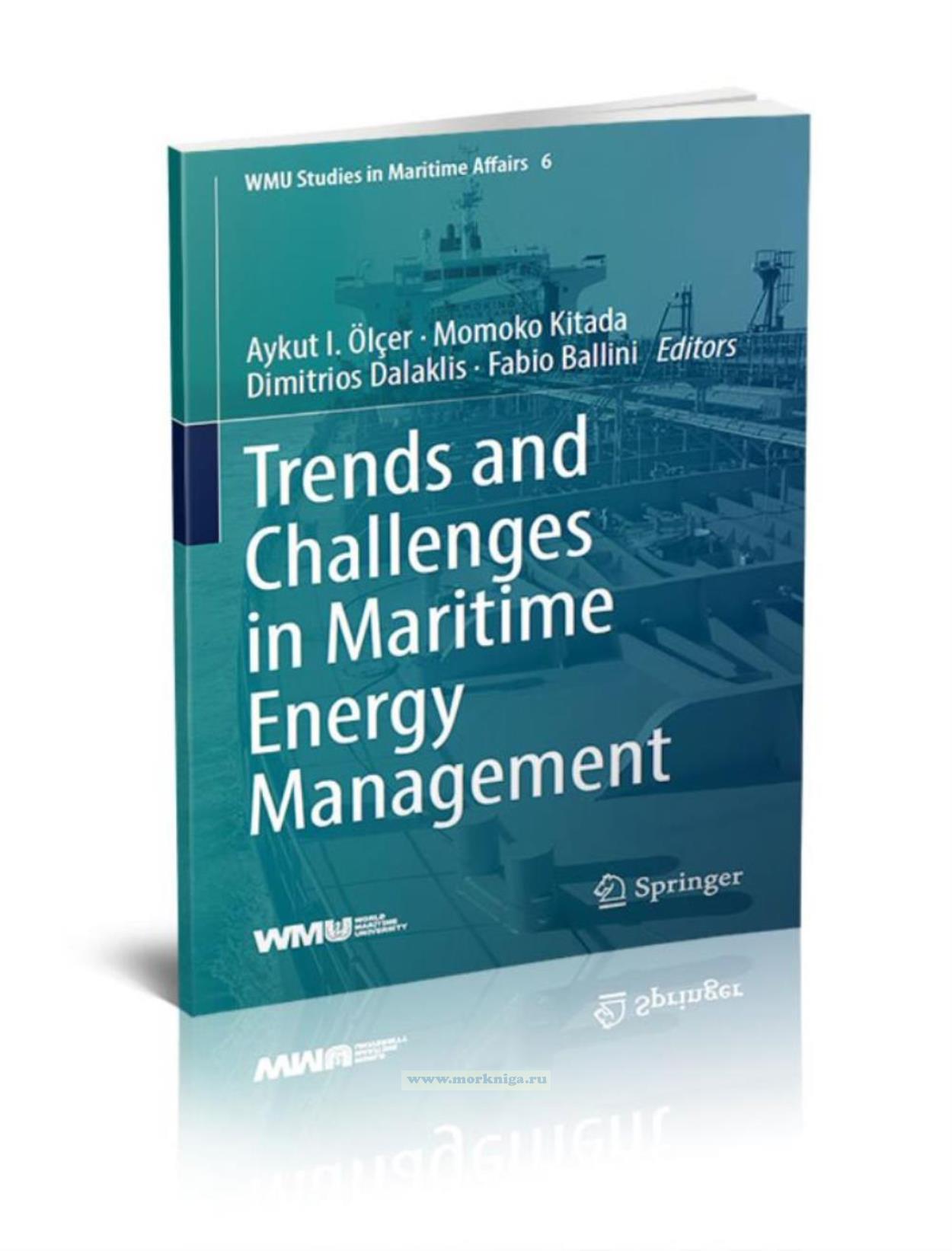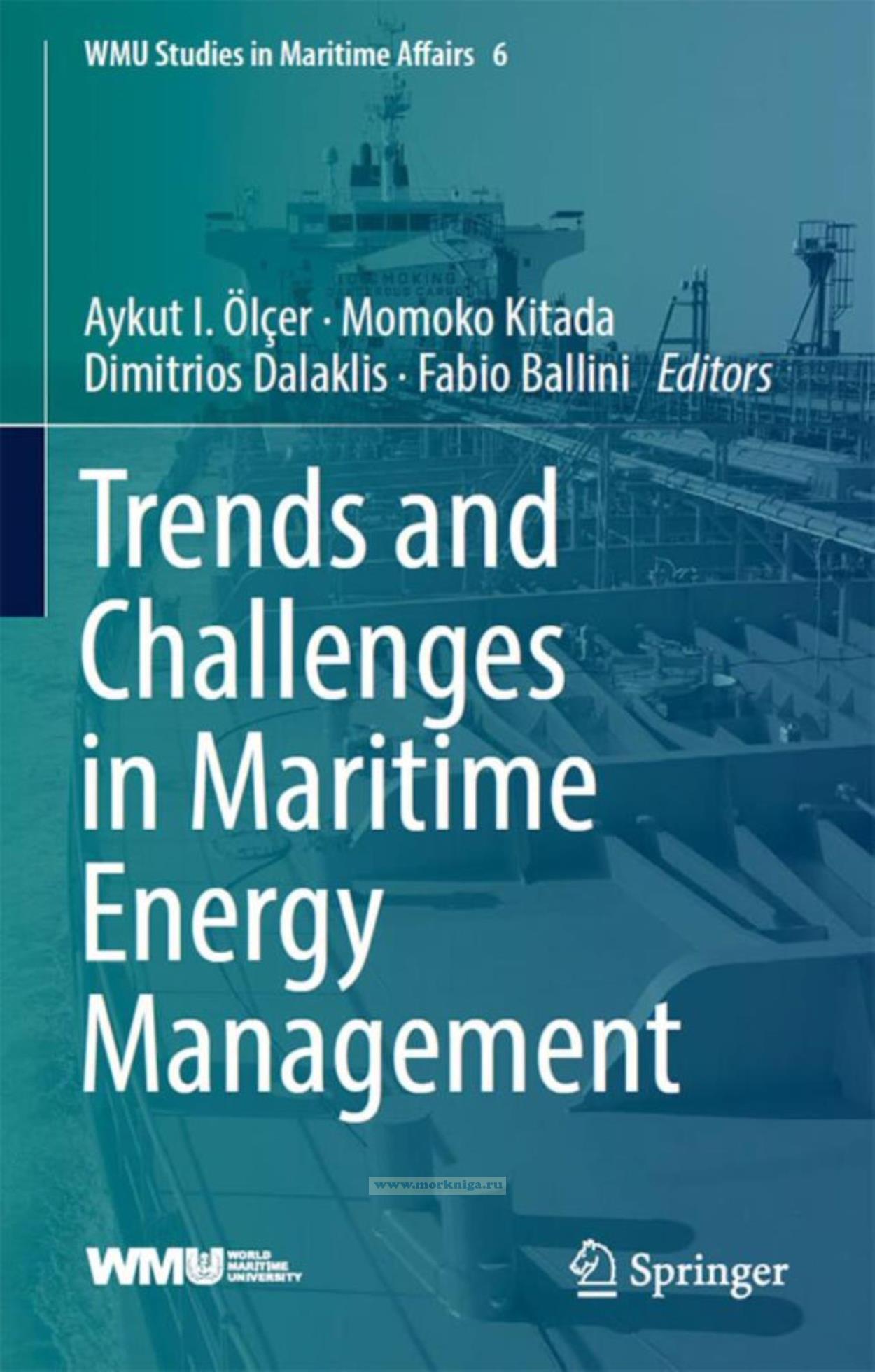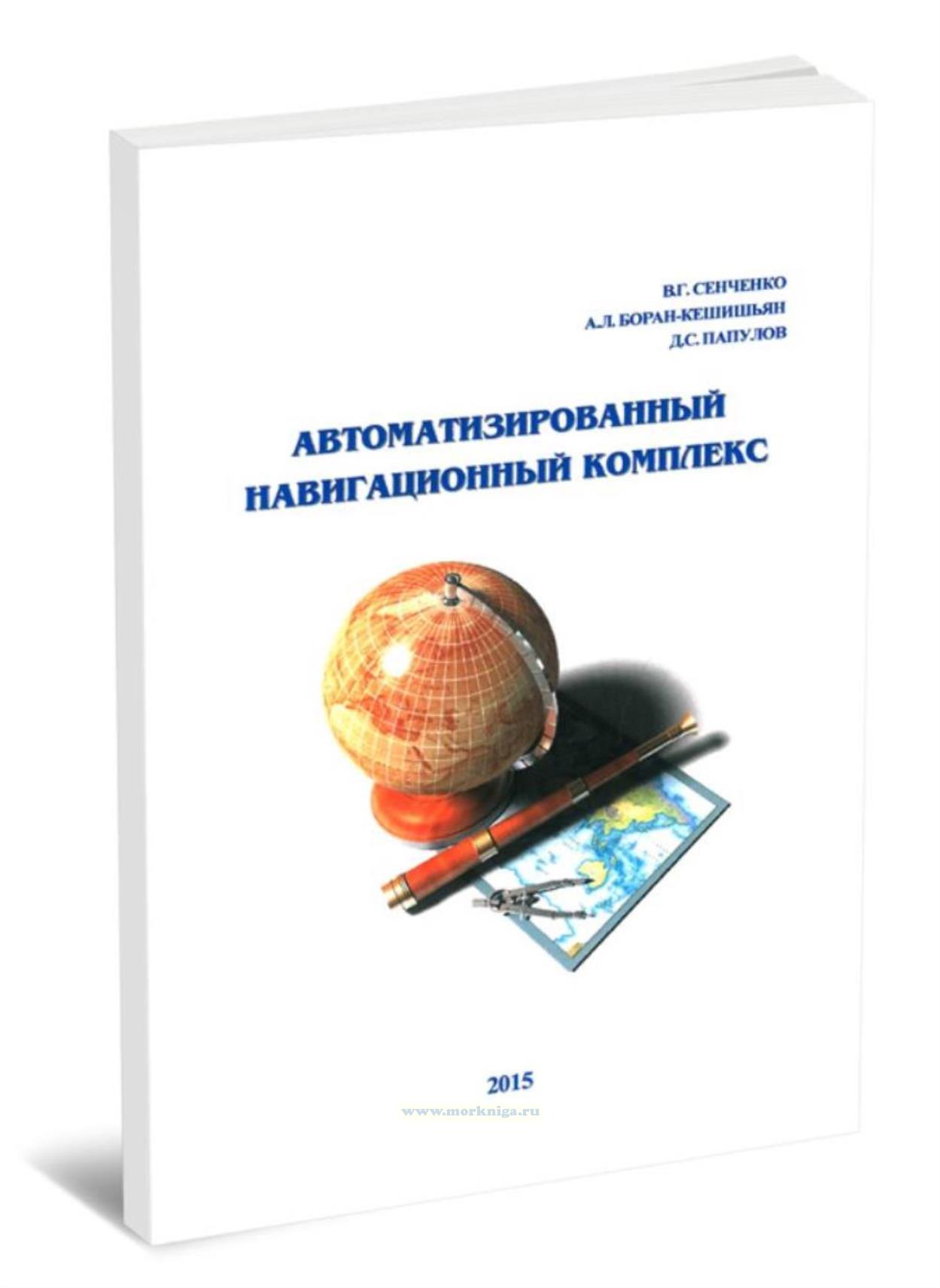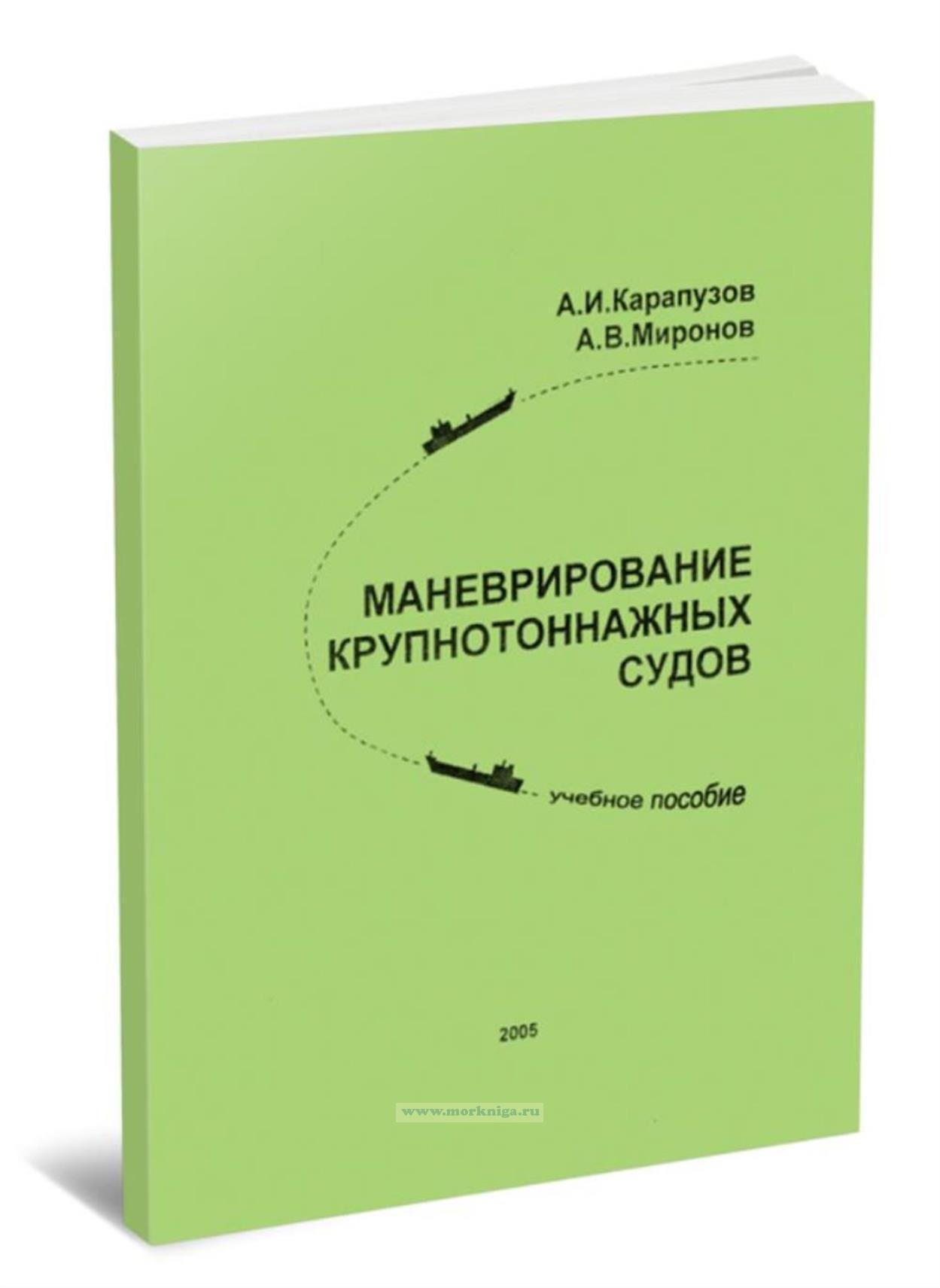Сб с 10 до 16
Trends and Challenges in Maritime Energy Management/Тенденции и проблемы в управлении морской энергетикой
Издание на английском языке
This book is a selection of peer-reviewed papers from the International Conference on Maritime Energy Management (MARENER 2017), held in Malmo, Sweden, 24–25 January 2017, and organized by the World Maritime University (WMU). The editors would like to take advantage of this opportunity to acknowledge the contribution and assistance of numerous individuals, such as maritime professionals, academics and researchers, MSc students of the Class of 2017 specializing in Maritime Energy Management (MEM) at WMU, and many other contributors, whose efforts led to the successful execution of MARENER 2017 and, in turn, made the publication of this book possible. MARENER 2017 provided a platform for all relevant maritime stakeholders to identify and discuss trends, opportunities, and challenges in the field of maritime energy management with the aim of achieving an energy efficient and low carbon future for the maritime industry.
Contents
Introduction to Maritime Energy Management
Aykut I. Olcer
Part I Regulations: Challenges and Opportunities
MARPOL Energy Efficiency: Verging on Legal Inefficiency?
Aref Fakhry and Belma Bulut
Analyzing Approaches to Set Greenhouse Gas Reduction Targets in Anticipation of Potential “Further Measures” for International Shipping
Seijiro Morimoto
An Analysis of Non-conformities with the Objective of Improving Ship Energy Efficiency: Case Studies of Turkish Shipping Companies
Ozcan Arslan, Elif Bal Besikci, F?rat Bolat, and Koray Yas
Real Time Awareness for MRV Data
Nikitas Nikitakos, Dimitrios Dalaklis, and Petros Siousiouras
Overcoming the Challenges to Maritime Energy Efficiency in the Caribbean
Vivian Rambarath-Parasram, Sukhjit Singh, and Deniece Aiken
Energy Efficient Operations of Warships: Perspective of the Indian Navy
Amit Batra and Rohit Prakash
Mexico’s Reorganisation of Maritime Security Regime: A New Role for the Navy and Emphasis on Energy Related Infrastructures
Adriana Avila-Zuniga Nordfjeld and Dimitrios Dalaklis
Part II Energy Efficient Ship Design
Numerical Studies on Added Resistance and Ship Motions of KVLCC2 in Waves
Mingyu Kim, Osman Turan, Sandy Day, and Atilla Incecik
An Investigation of Fuel Efficiency in High Speed Vessels by Using Interceptors
Ahmet G. Avci, Baris Barlas, and Aykut I. Olcer
A Decision Support System for Energy Efficient Ship Propulsion
Mustafa Insel, Serhan Gokcay, and Ahmet Ziya Saydam
Energy Integration of Organic Rankine Cycle, Exhaust Gas Recirculation and Scrubber
Fredrik Ahlgren, Marcus Thern, Magnus Genrup, and Maria E. Mondejar
Lighting Standards for Ships and Energy Efficiency
Efe Akyurek
Part III Energy Efficient Ship and Port Operation
An Integrated Vessel Performance System for Environmental Compliance
Soren Hansen and Stamatis Fradelos
Energy Efficient Ship Operation Through Speed Optimisation in Various Weather Conditions
Tong Cui, Benjamin Howett, Mingyu Kim, Ruihua Lu, Yigit Kemal Demirel, Osman Turan, Sandy Day, and Atilla Incecik
Underlying Risks Possibly Related to Power/Manoeuvrability Problems of Ships: The Case of Maritime Accidents in Adverse Weather Conditions
Nikolaos P. Ventikos, Konstantinos Louzis, and Alexandros Koimtzoglou
Simulation-Based Support to Minimize Emissions and Improve Energy Efficiency of Ship Operations
Michael Baldauf, Syed Raza Ali Mehdi, Michele Schaub, Knud Benedict, Gerd Milbradt, Georg Finger, and Sandro Fischer
Fuel Saving in Coastal Areas: A Case Study of the Oslo Fjord
Karina Hjelmervik, Halvor Sch?yen, Hao Wang, and Ottar Osen
A Bayesian Belief Network Model for Integrated Energy Efficiency of Shipping
Onder Canbulat, Murat Aymelek, Osman Turan, and Evangelos Boulougouris
Smart Micro-Grid: An Effective Tool for Energy Management in Ports
Monica Canepa, Giampaolo Frugone, and Riccardo Bozzo
Energy Manager Role in Ports
Fabio Ballini and Aykut I. Olcer
Part IV Economics and Social Dimensions of Maritime Energy Management
The Impact of SECA Regulations on Clean Shipping in the Baltic Sea Region
Eunice O. Olaniyi, Gunnar Prause, and Jan Boyesen
Life Cycle Assessment of Marine Coatings Applied to Ship Hulls
Yigit Kemal Demirel, Dogancan Uzun, Yansheng Zhang, and Osman Turan
The Human and Social Dimension of Energy Efficient Ship Operation
Martin Viktorelius
The Need for Education and Training in Maritime Energy Management in Myanmar
Thet Hlaing Swe, Momoko Kitada, and Aykut I. Olcer
The Role of Maritime Transport from the Perspective of Energy and Gender: The Case of the Pacific Islands
Momoko Kitada, Kuini Rabo, Ore O. Toua, and Thierry Nervale
Part V Alternative Fuels and Wind-Assisted Ship Propulsion
Developing a Strategy for Liquefied Natural Gas Powered Transport Corridors in the Baltic Sea Region
Josefin Madjidian, Dimitrios Dalaklis, Vytatutas Paulauskas, Lawrence Henesey, Aykut I. Olcer, Fabio Ballini, and Momoko Kitada
LNG Fueled Barge for Cold Ironing: Feasibility Study for the Emission Abatement in the Port of Genoa
Michele Laviola, Massimo Figari, Marco Altosole, and Stefano Savio
Decision Framework for Shipowners to Comply with Air Emission Reduction Measures: A Case Study of Methanol as a Fuel
Aditya Srivastava, Aykut I. Olcer, and Fabio Ballini
Commercial Wind Propulsion Solutions: Putting the ‘Sail’ Back into Sailing
Gavin Allwright
Part VI Marine Renewable Energy
A Multipurpose Marine Cadastre to Manage Conflict Use with Marine Renewable Energy
Severine Michalak
Ocean Energy: Seeking the Balance Between States’ Exclusive Rights of Exploitation and Marine Biodiversity Conservation
Wellington Tebar
Learning from Humpback Whales for Improving the Energy Capturing Performance of Tidal Turbine Blades
Weichao Shi, Mehmet Atlar, and Rosemary Norman
CFD Simulation of a Passively Controlled Point Absorber Wave Energy Converter
Minghao Wu, Weizhi Wang, Johannes Palm, and Claes Eskilsson
A Framework to Improve the Coexistence of Maritime Activities & Offshore Wind Farms
Raza Ali Mehdi, Jens-Uwe Schroder-Hinrichs, Aykut I. Olcer, and Michael Baldauf
Editorial Conclusion
Aykut I. Olcer, Momoko Kitada, Dimitrios Dalaklis, and Fabio Ballini
Annex


 Автоматизированный навигационный комплекс: практикум
Автоматизированный навигационный комплекс: практикум  Маневрирование крупнотоннажных судов
Маневрирование крупнотоннажных судов